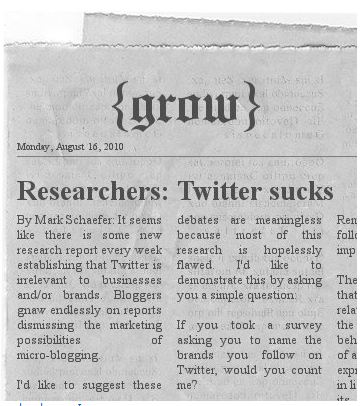With billions of Facebook posts, tweets, and YouTube uploads, there’s never been a more appropriate time to evaluate our social graces—in real life and in social media. The relaxed communication style of emails, texting, and the public timeline can present an illusion of relationship. After one tweet, we find ourselves sharing personal information with total strangers and risking a breach of business decorum.
Inextricably woven into the art of doing business is etiquette: a combination of common courtesies, mutual respect, and common sense. Learning how to build appropriate relationships in business is crucial to business success. By focusing on three core areas—actions, appearance, and words—we can gain a clearer understanding of the messages we send to colleagues, managers, and customers.
Make it easy for people to do business with you. We all want to work with smart, perceptive, well-mannered people. If your actions and personality get in the way of your clients’ receiving what they need from you, change. Are you hard to please? Critical? Unappreciative of colleagues or vendors? You’ll lose clients and employees with a history of these behaviors.
 To discover how to attract and keep clients, find the best leaders and emulate them. Notice how they lead, how they conduct business, and how they treat their team. Interestingly, people’s personalities aren’t disguised on social media channels, they’re actually magnified. When one executive showed me his 3-page resume, I smiled and said, “We might not need traditional resumes from job seekers now, we’ll just Google them. We can learn immediately who they keep company with, how disciplined they are, and if they show respect to others.”
To discover how to attract and keep clients, find the best leaders and emulate them. Notice how they lead, how they conduct business, and how they treat their team. Interestingly, people’s personalities aren’t disguised on social media channels, they’re actually magnified. When one executive showed me his 3-page resume, I smiled and said, “We might not need traditional resumes from job seekers now, we’ll just Google them. We can learn immediately who they keep company with, how disciplined they are, and if they show respect to others.”
Common courtesies in business begin with punctuality, a firm handshake, and attentive listening—online and in person. Linda Kaplan Thaler and Robin Koval have captured valuable business lessons in their book The Power of Nice, How to Conquer the Business World with Kindness. They explain that “Nice makes more money. Nice is healthier. Nice spends less time in court.”

